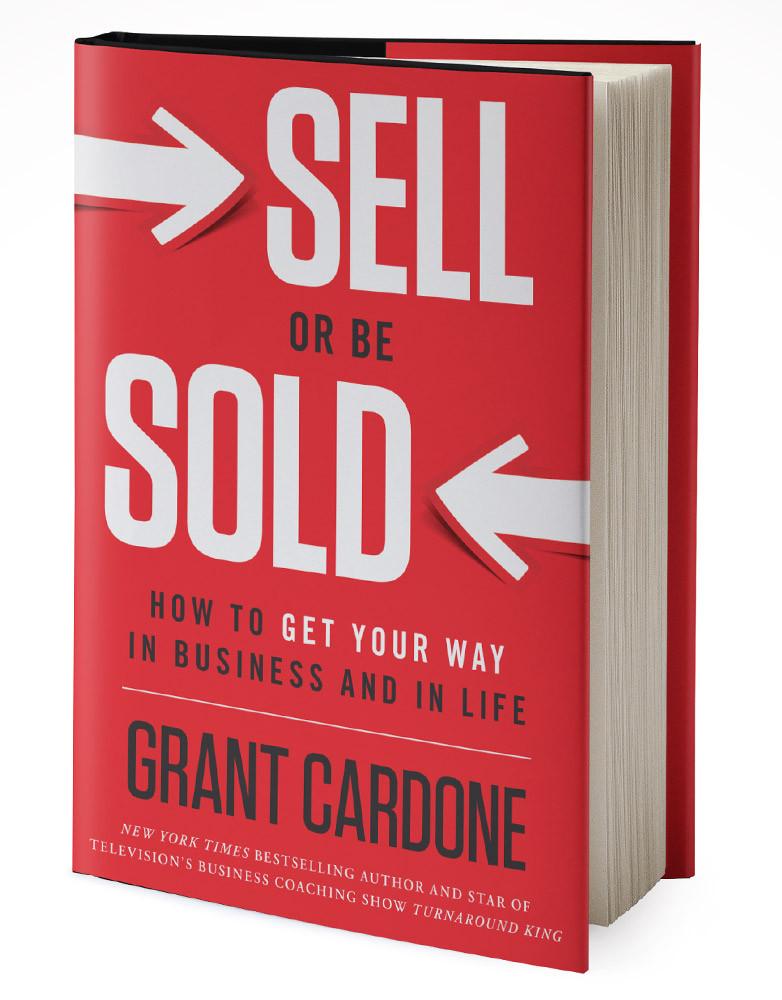“Book Notes” is a collection of notes from books relevant to entering the industry and practicing financial planning.
***
Series introductory note: As the first post in the “Book Notes” series, I thought I would take a moment to explain the rationale behind the series. When entering the industry, you have probably come across various book recommendations from a variety of professionals you respect.
Similarly, I have come across several books that meet the same criteria. As such, I thought I would share some of the notes from these books that may be helpful on their own and/or serve as a catalyst for you to pick up the book and read in full.
I hope you enjoy the series.
***
Interest in book and author background: Sales seems to usually be considered a “dirty” word for professionals. This seems especially so in financial services: images of pushy, commissioned (read: conflict of interest-laden) insurance salespeople come to mind.
At the same time, sales’ utility as a skill seems almost invaluable. Whether it’s persuading a prospective client – who is a good fit for your firm – to engage in your services or selling your resume and background in an interview, the skill of selling seems an integral aspect to your success in financial planning.
Finding that happy medium of learning how to sell – professionally and ethically – is where my interest lies in learning more about sales. To that end, I signed up to be part of Simply Paraplanner‘s inaugural book club covering selling consultant and New York Times best-selling author Grant Cardone’s “Sell Or Be Sold.”

I had come across Mr. Cardone and his various books and events through a slew of online advertisements. Still, I wasn’t very familiar with his credentials (a.k.a., why I should listen to him). Cardone has apparently worked with many Fortune 200 companies to provide consulting and sales training. In addition, he has a number of other business ventures designed to help consumers with sales and personal investments.
***
Chapter 1: Selling — A Way of Life
Cardone opens the book by highlighting the importance of selling in business and in life, defining sales, and knocking away at the negative connotations surrounding sales:
- “Selling (Merriam-Webster’s Collegiate Dictionary): The action of persuading or influencing another to a course of action or to the acceptance of something.”
- Cardone’s definition: “When I say ‘selling,’ I’m talking about anything having to do with convincing, persuading, negotiating, or just getting your way. This could include debating, getting along with others, exchanging goods or services, convincing a girl to go out with you, buying or selling a home, convincing the bank to give you a loan, starting your own business, persuading others to support your ideas, or getting a customer to buy a product from you.”
- “When I discuss sales in this book, not only am I referring to the professional, paid salesperson, but I’m also covering the everyday use of basic persuasion skills and how to use them to get your way in life.”
- “The degree to which you can influence the outcome of events in your life is the determining factor of your success.”
- “You’re either selling something or someone is selling you. Either way, one of the parties is going to influence the outcome, and it will either be you getting your way or the other guy getting his way.”
- “Confrontation and pressure are attributes of the amateur who doesn’t understand sales and ends up resorting to unpleasant tactics.”
Chapter 2: Salespeople Make the World Go Round
He then dives deeper into sales and business (how integral salespeople are to economies), briefly covers the benefits of learning sales, highlights the need to turn to nontraditional education sources to educate yourself about sales, and why all professions rely on selling.
- “The world would stop turning without salespeople. If a product isn’t sold and moved on to the public, factories stop, production stops, there’s no need for distribution, no need for storage, demand for shipping is reduced, and advertising stops.”
- “…in sales, an individual can work for himself, be accountable to himself, and make his dreams come true.”
- “It’s a phenomenal mistake that the culture today doesn’t value selling enough to teach courses on it.”
- “Every person, no matter what his profession is, relies on selling. The politician wants to appeal to you and your interest so that you’ll vote for him in the polling booth. The public speaker is hoping to convince the audience that his approach is the right one. The employee desiring a promotion will have to sell the boss on his value to the company. … The real estate agent must convince you to buy a house or to give him the listing. The mortgage broker wants you to refinance for the third time. The banker wants you to invest money in the bank’s mutual fund.”
Chapter 3: Professional or Amateur
Next, Cardone defines and contrasts professionals and amateurs, challenges the reader to commit to becoming a professional at selling (regardless of career), and the opportunities and benefits available to becoming a professional amid a shortage of committed and dedicated salespeople:
- “Professional a person who is engaged in a specified activity as his or her main paid occupation rather than as a pastime. …Amateur: a person who engages in a pursuit, study, science, or sport as a pastime rather than as a profession, or one lacking in experience and competence in an art or science.
- “I can show you how to become a professional, but first you have to get clear on two things: (1) Selling is critical to your survival regardless of your career, and (2) you must decide to become a professional and give up any idea that it’s something for others and not for you. You have to decide that you want to start getting your way in life. Quit thinking that it’s up to fate or the gods. It’s up to you.”
- “While there may or may not be shortages of water and oil on this planet, I assure you there are vast shortages of highly committed, highly dedicated, and great salespeople. … The difference between mediocrity and greatness lies in being committed to the profession and being consumed by the desire to be great and the dedication to learn the trade.”
- “Enthusiasm is great, but it’s not a replacement for knowing. … The person who knows what he’s doing and understands every nuance of his career doesn’t have to get enthusiastic; he is enthusiastic. When you really, truly now something, you can predict outcomes. He who can predict outcomes has true confidence and freedom.”
***
As you may have gathered, the book is not light on appealing to one’s “dreams and fortunes.” Still, looking at the chapter titles going forward, there appear to be some helpful mental models, perspectives, and things to avoid while working to improve your selling skills.
***






